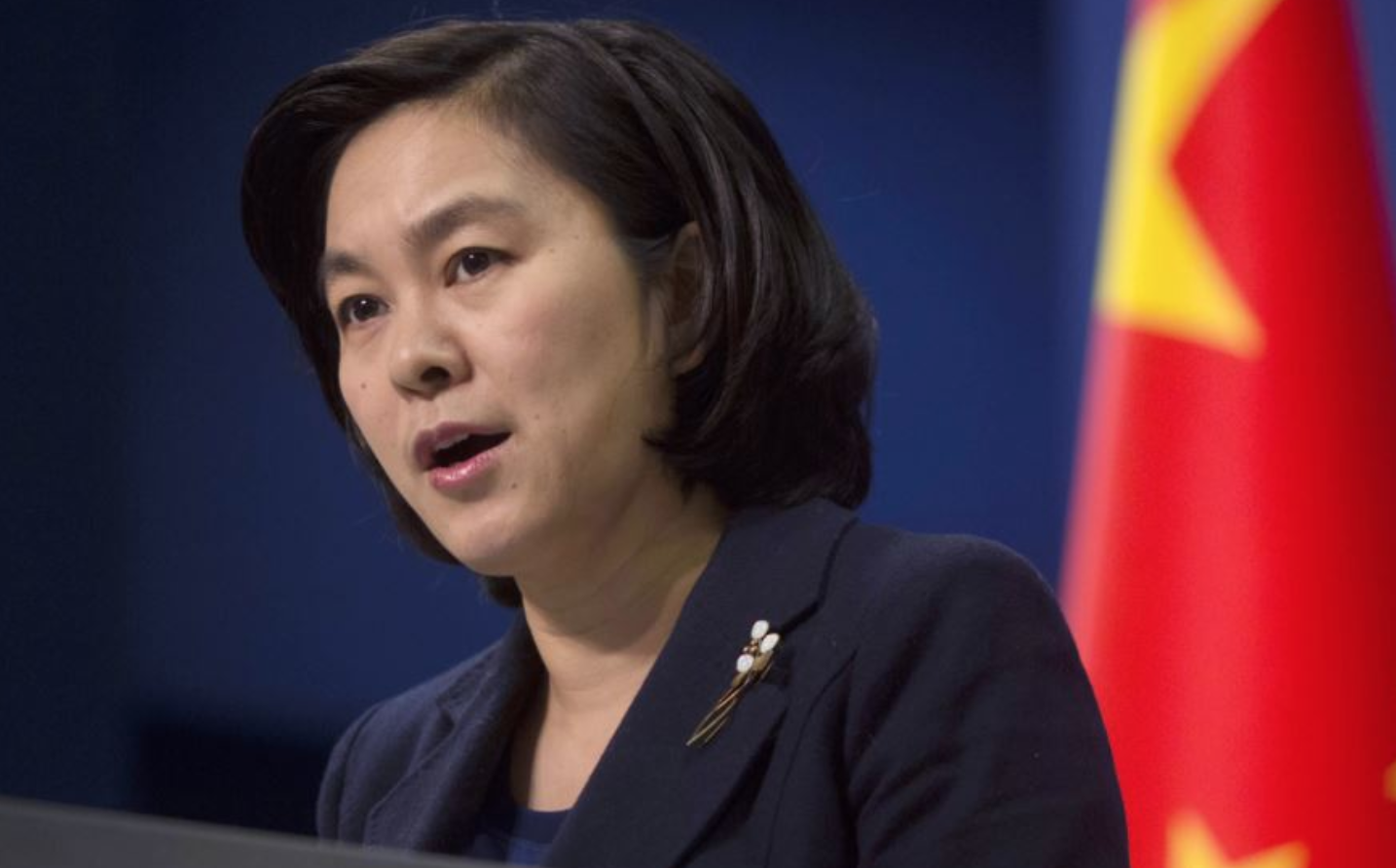Is China’s Ministry of Foreign Affairs finally going to get some muscle?


China’s foreign ministry has long been known as the weakling among government departments — other organs, such as the Ministry of Commerce, have for years played more important roles in establishing and managing Chinese interests overseas in many areas. The country’s top diplomat, currently State Councilor Yang Jiechi, was not even one of the 25-highest ranking politicians in the country for decades until he was elevated to the Politburo in October last year.
That may be shifting, Bloomberg reports, as “Chinese leaders believe the country needs a more consolidated diplomatic structure” even if it risks weakening the Ministry of Commerce and other agencies. Here’s what might soon change:
- Most agencies will “stop replacing staff in Chinese embassies by next year, giving ambassadors direct control over their portfolios.”
- “The Foreign Ministry will wield a veto over financial and personnel decisions at embassies.”
- China will continue on a clear budgetary course to match the U.S., which last year spent $27.1 billion on international programs, far ahead of the $8.5 billion China spent on foreign affairs. But the change is striking: China’s budget is twice the size it was just five years ago, while the U.S. budget shrunk 30 percent in the first year of the Trump presidency. “Morale of the diplomats in the U.S. foreign service is at an all-time low,” said Susan Shirk, a former deputy assistant secretary of state for East Asia.
- North Korea
Rex Tillerson meets China’s top envoy amid trade and North Korean tensions / SCMP - Uyghurs in trouble abroad
U.S. targets Chinese Uighur militants as well as Taliban fighters in Afghanistan / NBC
The U.S. Air Force told journalists that a bombing raid last Sunday on Badakhshan Province, near the border of China and Tajikistan, “set a record for the number of precision-guided munitions launched at one time from a B-52 bomber.” The bombs were aimed at camps that “supported Taliban operations within Afghanistan and by the East Turkestan Islamic Movement.”
Meanwhile, in Malaysia, 11 Uyghurs from China, “missing since their dramatic escape from a Thai jail last year, have been detained in Malaysia and Beijing wants them back,” according to Reuters. - Detained bookseller Gui Minhai (?)
Sweden FM slams China as missing bookseller row escalates / AP
Op-ed response from state media: China’s law not under thumb of West / Global Times
“European countries and the U.S. should educate their newly naturalized citizens that the new passport cannot be their amulet in China. If they conduct activities in China, they must obey Chinese law.” - Aftermath of African Union bugging allegations (?)
African Union says has no secret dossiers after China spying report / Reuters
“Speaking to reporters with Chinese Foreign Minister Wang Yi at his side, head of the African Union Commission Moussa Faki Mahamat said the allegations in the paper were false.” - Environment
4 million north China homes told to kick coal habit as nation seeks blue skies / Caixin - Taiwan earthquake
Japanese quake rescue team arrives after Taipei rejects Beijing’s offer / SCMP - Military tech
China plans sea-based anti-missile shields ‘for Asia-Pacific and Indian Ocean’ / SCMP - Maldives
Maldives’ embattled president sends envoys to China, Saudi for support / Reuters
China dismisses accusations that it is ‘buying up the Maldives’ / AP






